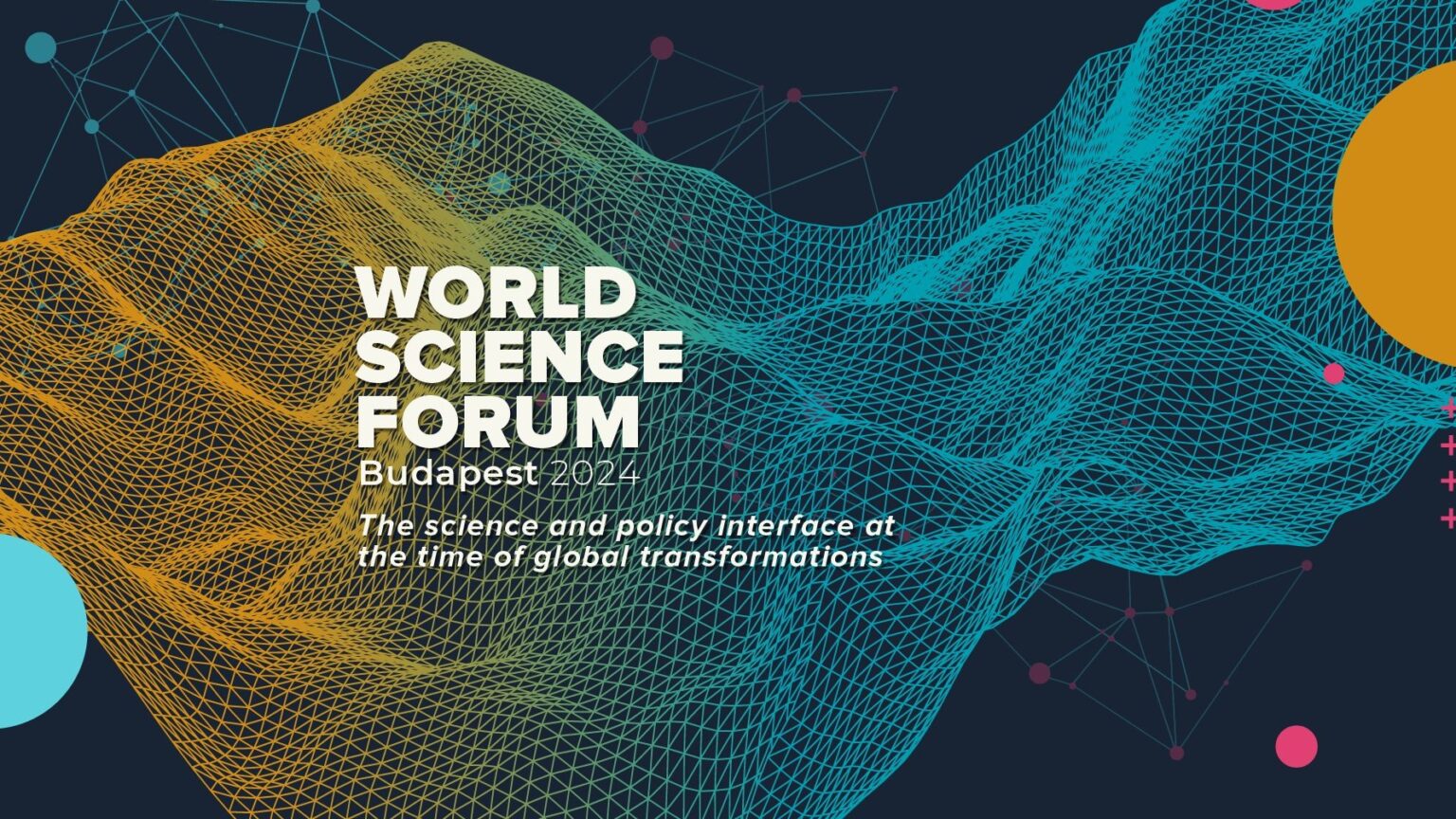
The World Science Forum (WSF) 2024 begins today in Budapest, focusing on the intersection of science and policy amidst global transformations. Hosting nearly 500 scientists and policymakers from over 100 countries, the event features discussions, awards, and exhibitions.

A new exhibition, Rubik 80/50 — Fifty Years of Magic, has opened in New York’s TriBeCa district. Celebrating 50 years of the Rubik’s Cube and its inventor Ernő Rubik’s 80th birthday, the exhibit offers a dynamic journey through the legacy of a global icon.
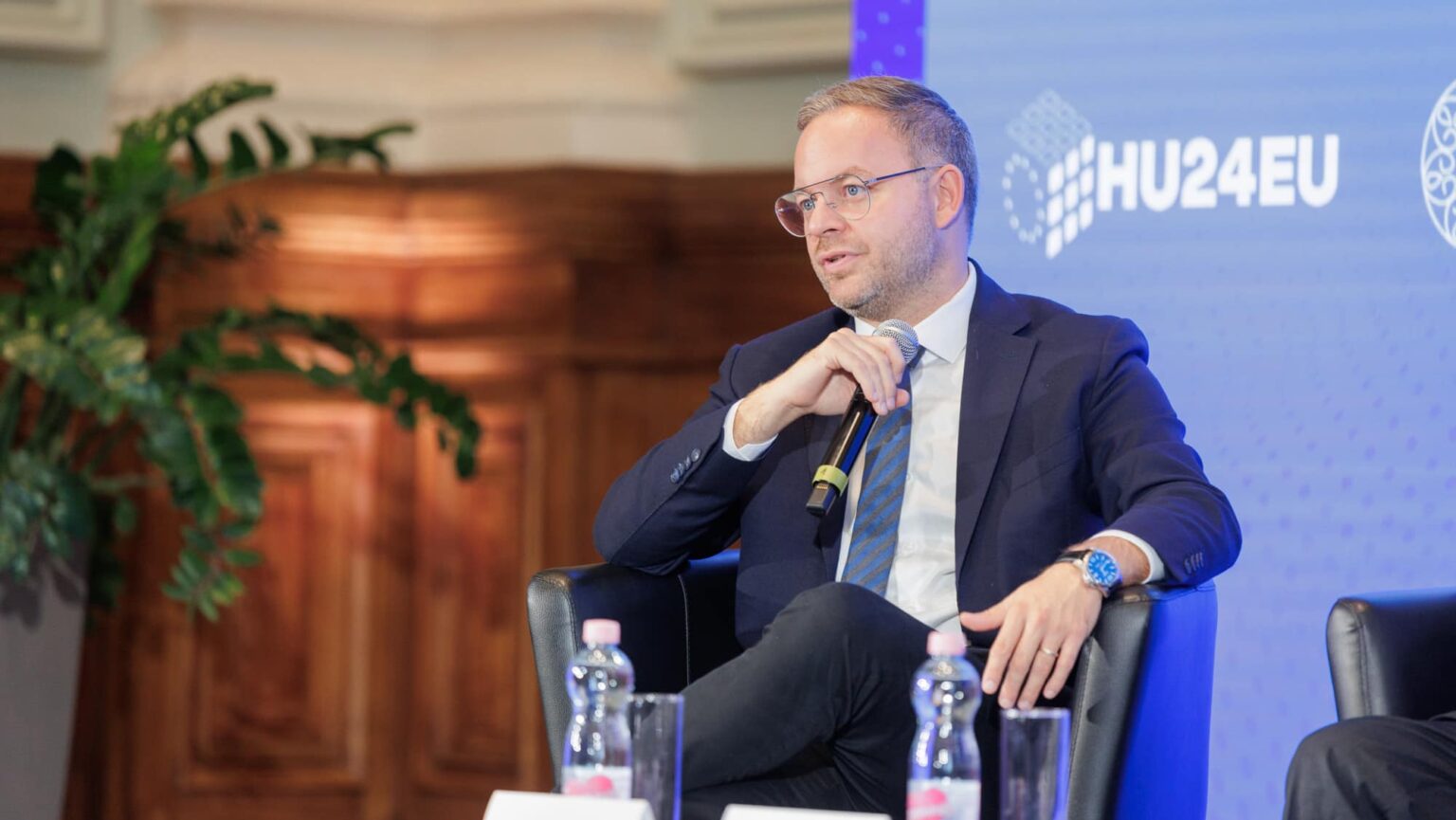
Rejecting Balázs Orbán’s PhD thesis based on his political affiliation is akin to barring a qualified athlete from competing in the Olympics solely because of their worldview.
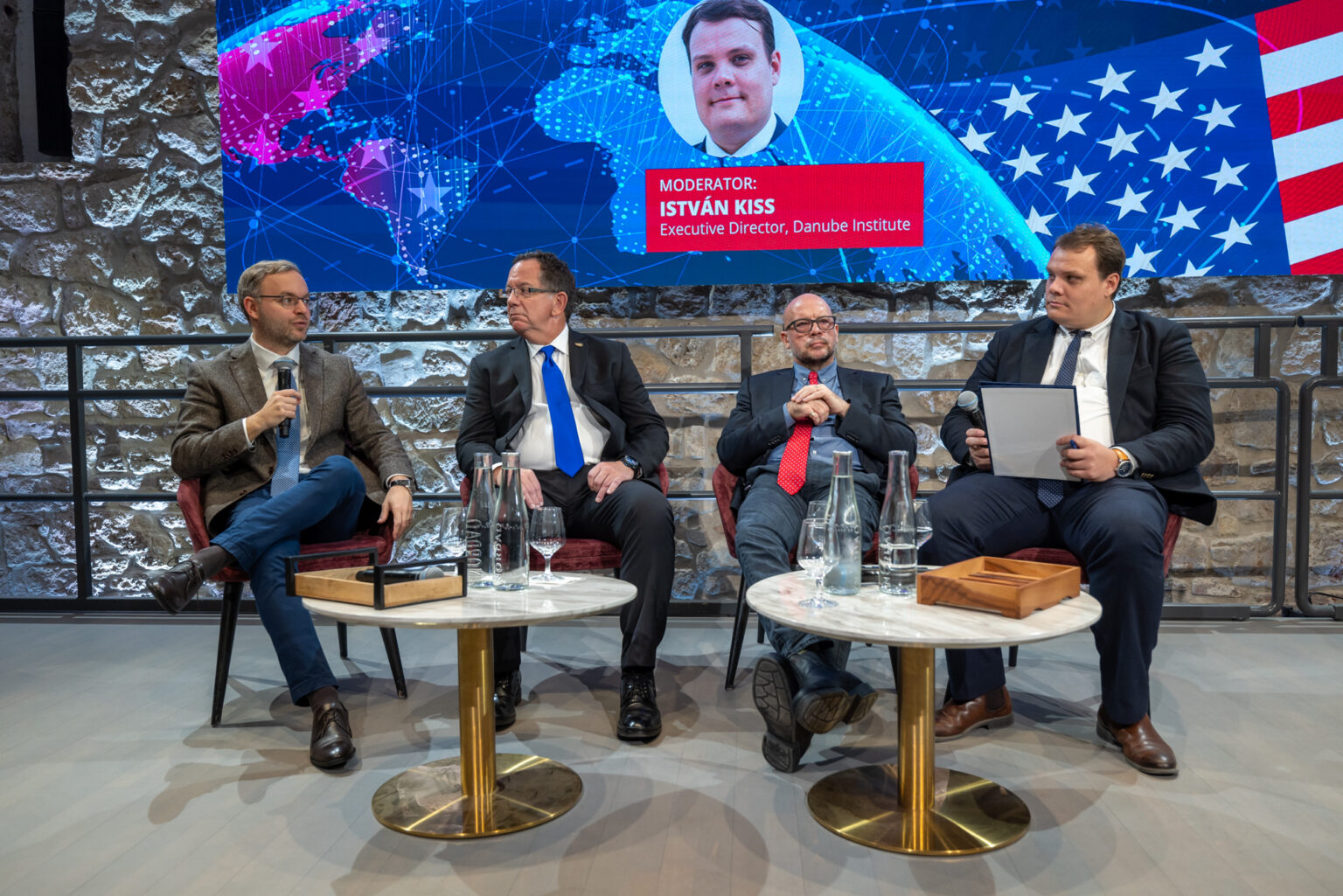
‘Sovereign conservatism has a moral duty to prioritize what is best for your own people. If you are not strong enough to defend your position, you are not sovereign,’ Balázs Orbán stated. The political director to the Hungarian prime minister made this remark while participating in a conference hosted by the Danube Institute focusing on the foreign policy implications of a second Donald Trump presidency.
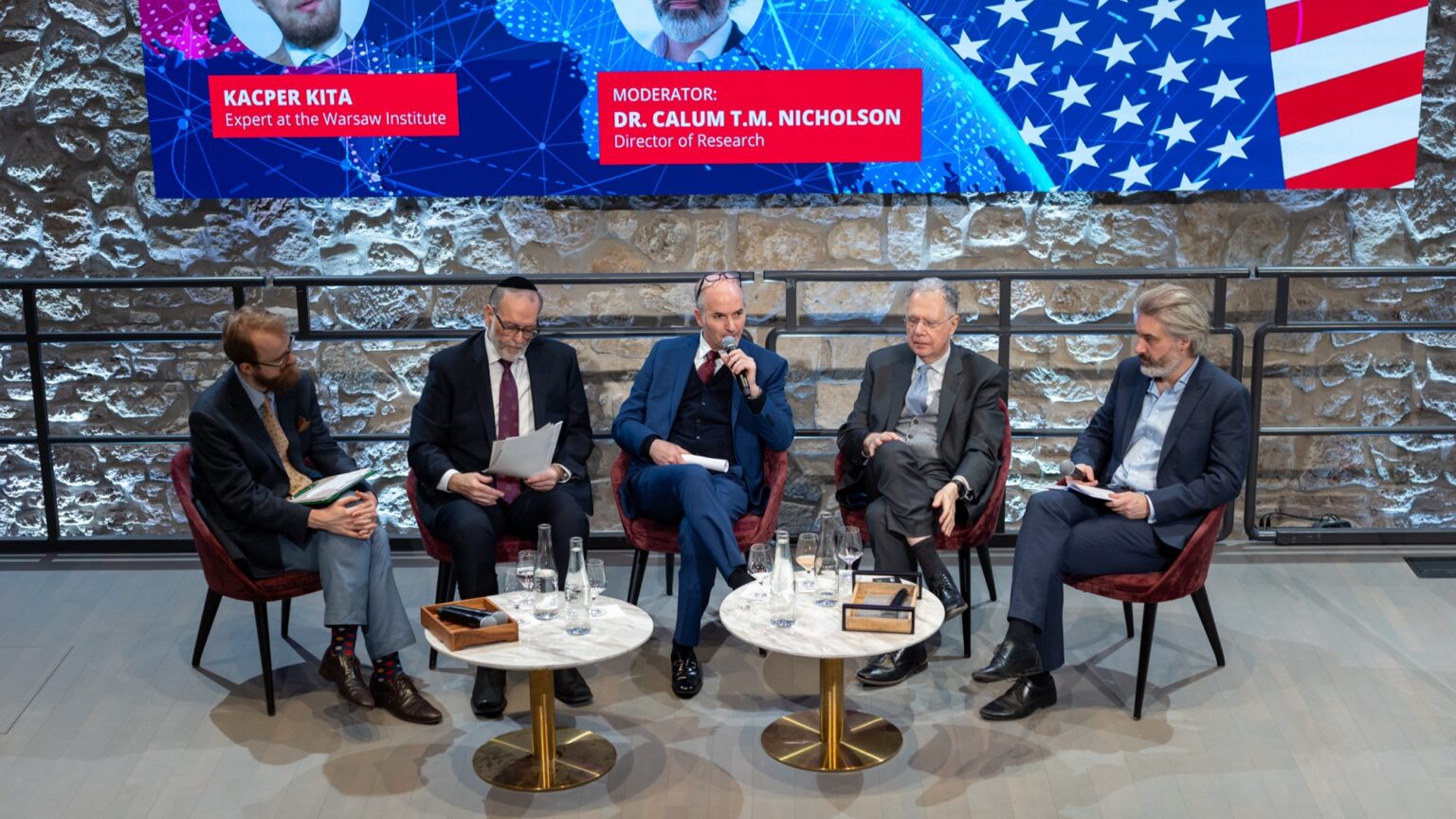
Energy markets, trade dynamics, and technological innovation are at the forefront of global economic concerns. The second panel of the Trump 2.0 event organized by the Danube Institute brought together experts to discuss expectations on how Trump’s second term might impact economy and trade policies.
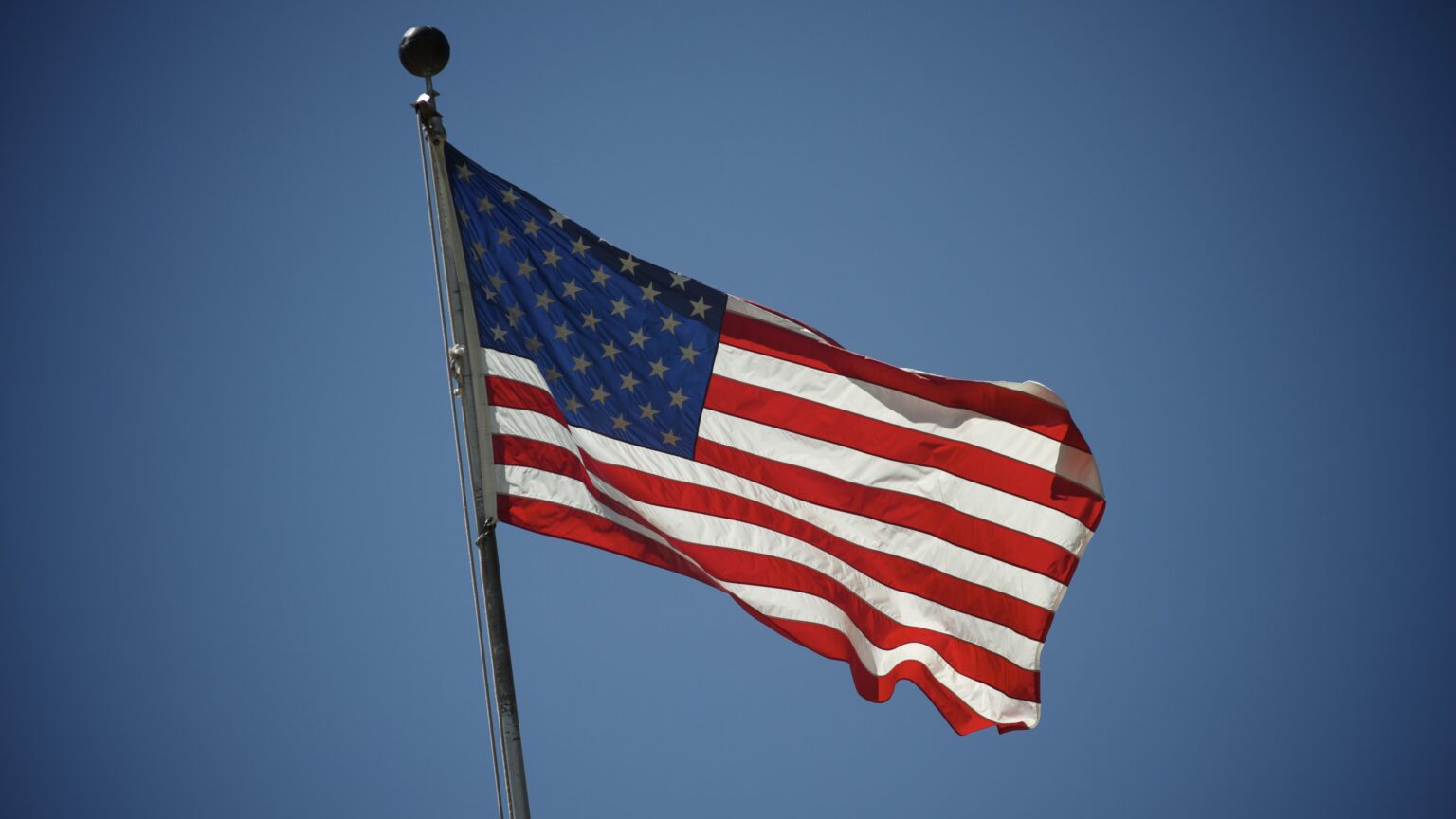
‘One of the reasons Americans re-elected Donald Trump, aside the crisis at the southern U.S.–Mexican border and the economy, was a sense of a degradation of our patriotism with identity politics vis-à-vis LGTBQ+ and Black Lives Matter agendas, to name just a couple. Any private or public disagreement instantaneously labeled one as a fascist “anti-American”. This was a failed political tactic, which the Democratic Party and most media thought would win over, by patronizing them, those they referred to as “discriminated” and “marginalized”’.
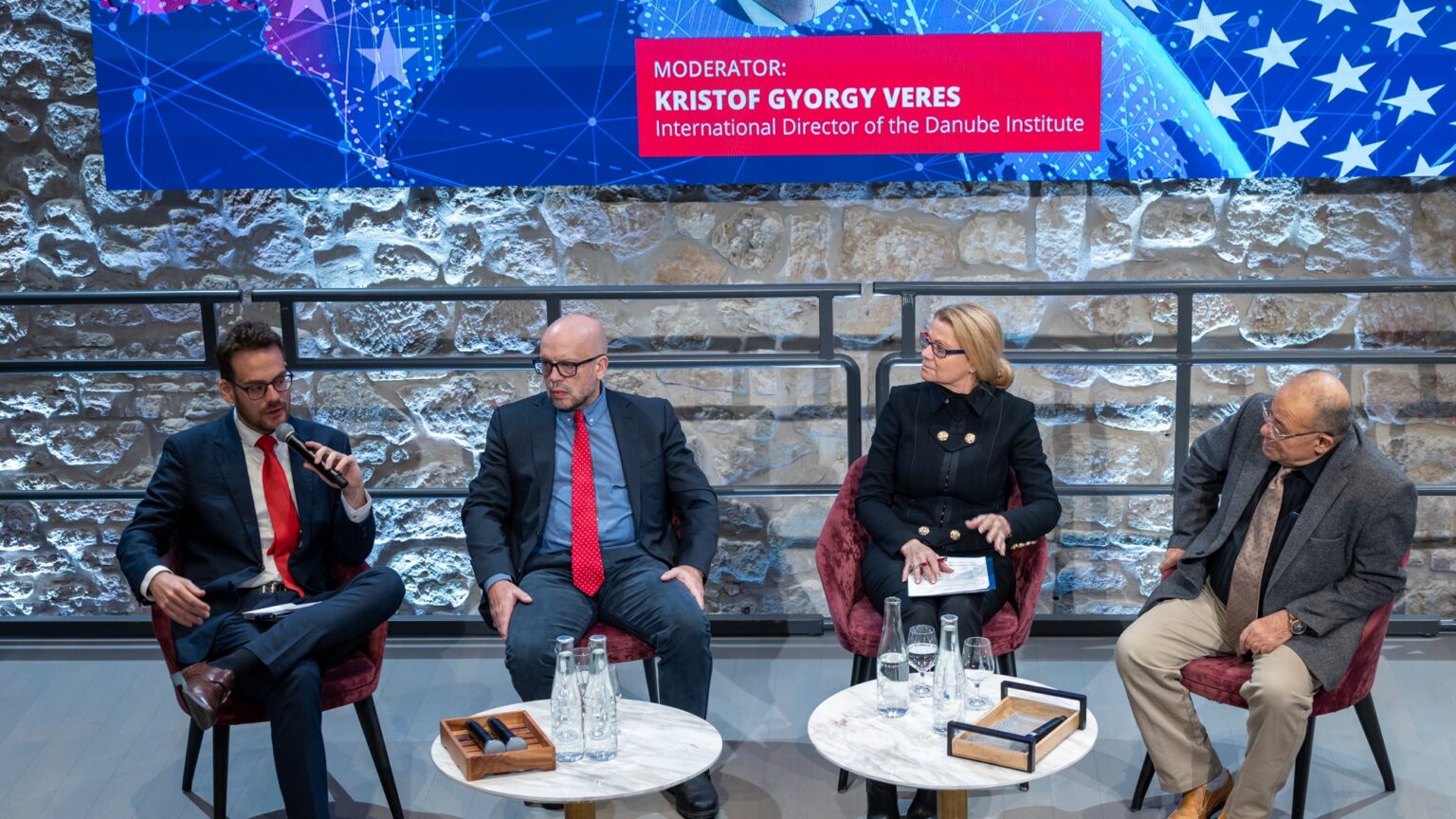
From NATO dynamics to the conflict in Ukraine and the volatile Middle East, the re-election of Donald Trump raises pivotal questions about the trajectory of international relations. In a thought-provoking event organized by the Danube Institute, experts discussed what we can expect in the future of the US foreign policy.
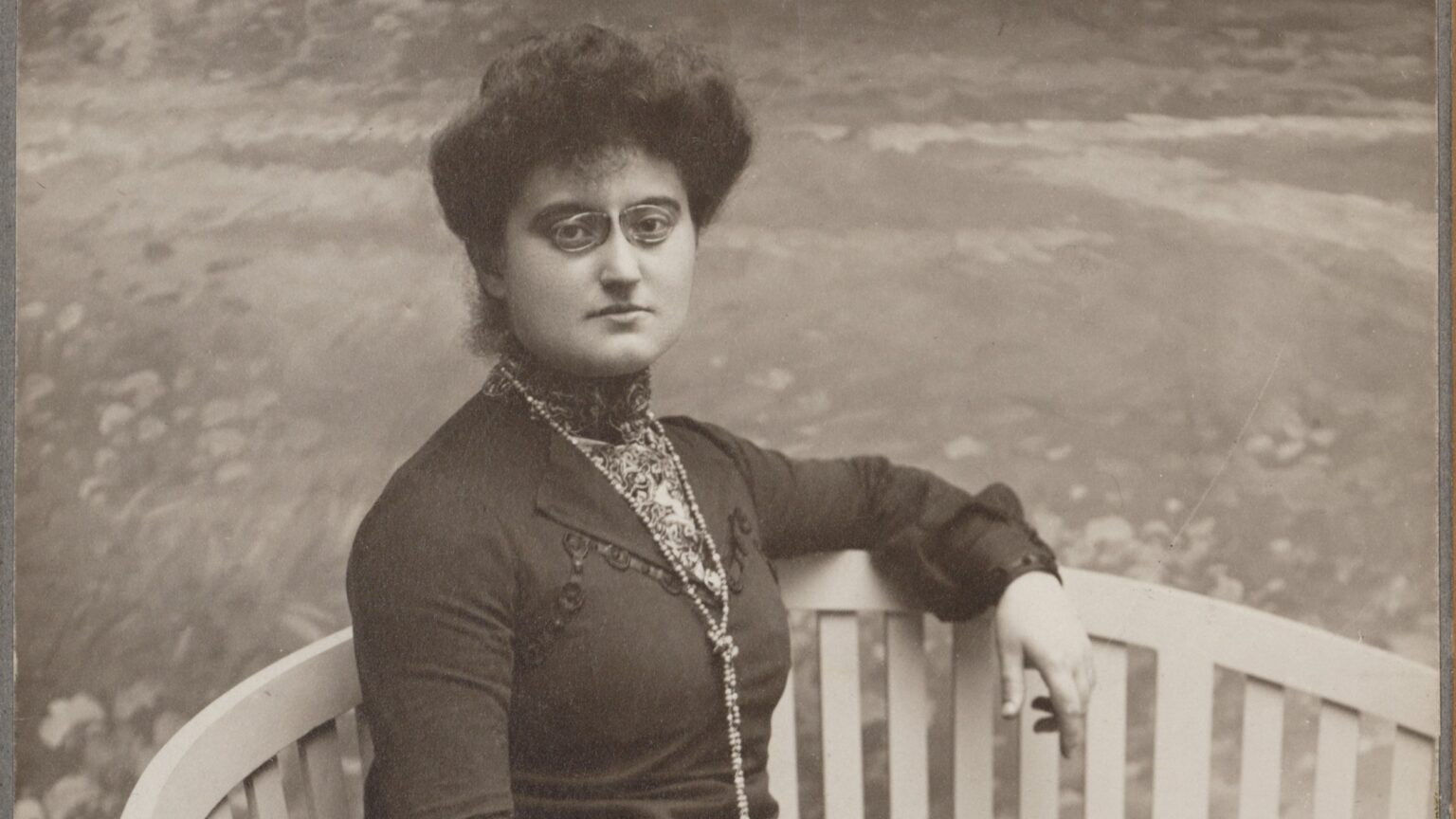
In recognition of her accomplishments in organizing the feminist Congress in Budapest, Schwimmer was asked to join the International Woman Suffrage Alliance in its London office as a press secretary. Soon after her arrival to the United Kingdom World War I broke out, where Hungary and the UK found themselves in opposing trenches. Shaken by the news of war, Schwimmer committed herself to bringing together feminist and pacifist leaders to stop the bloodshed.
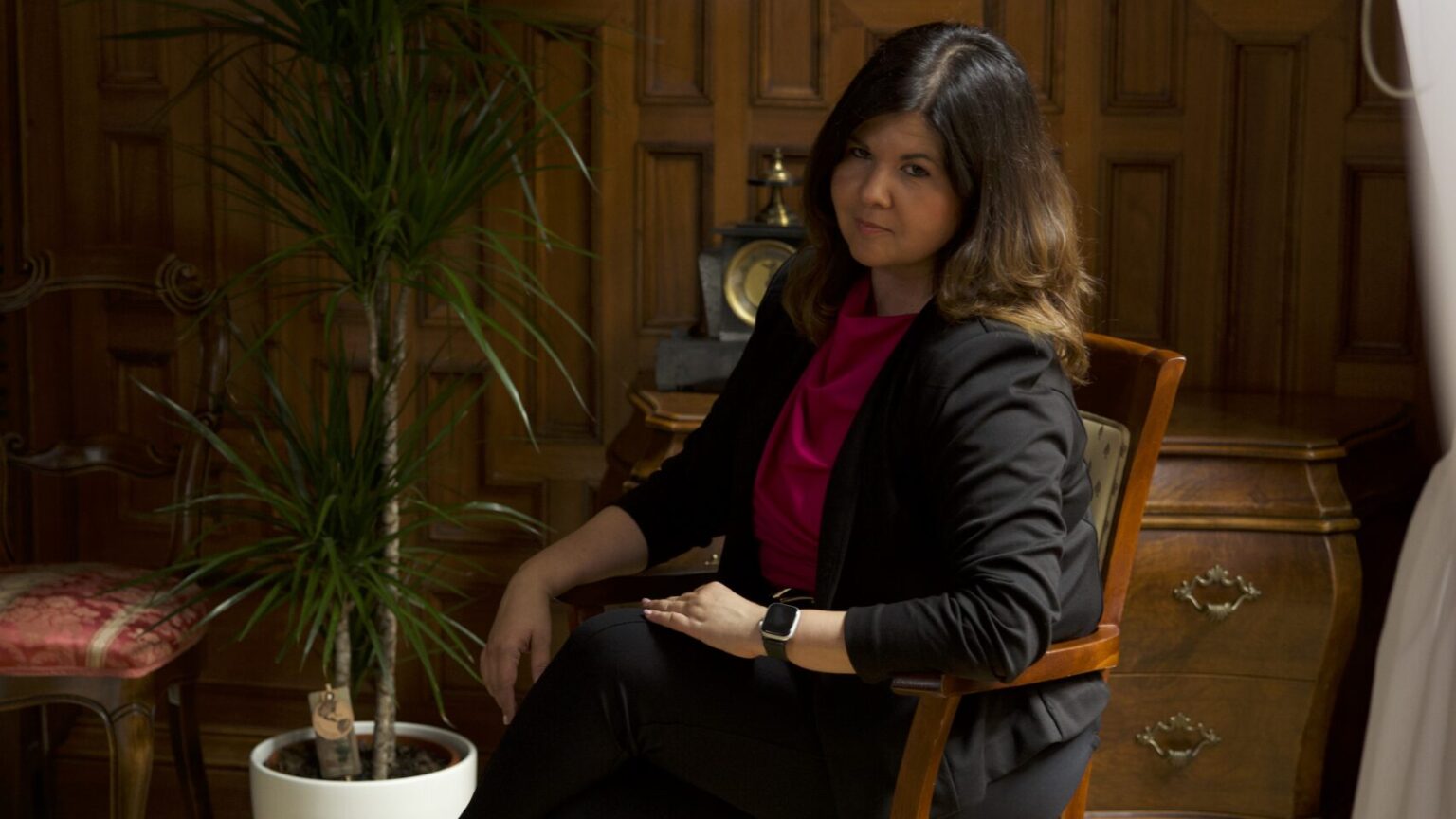
‘If the US prioritizes its own interests, which is understandable, the EU must adopt a similar stance. Should Brussels focus on advancing external economic agendas, Europe risks falling behind in the race for prosperity and progress,’ Hungarian Ministerial Commissioner Bernadett Petri warned in an interview with Hungarian Conservative.
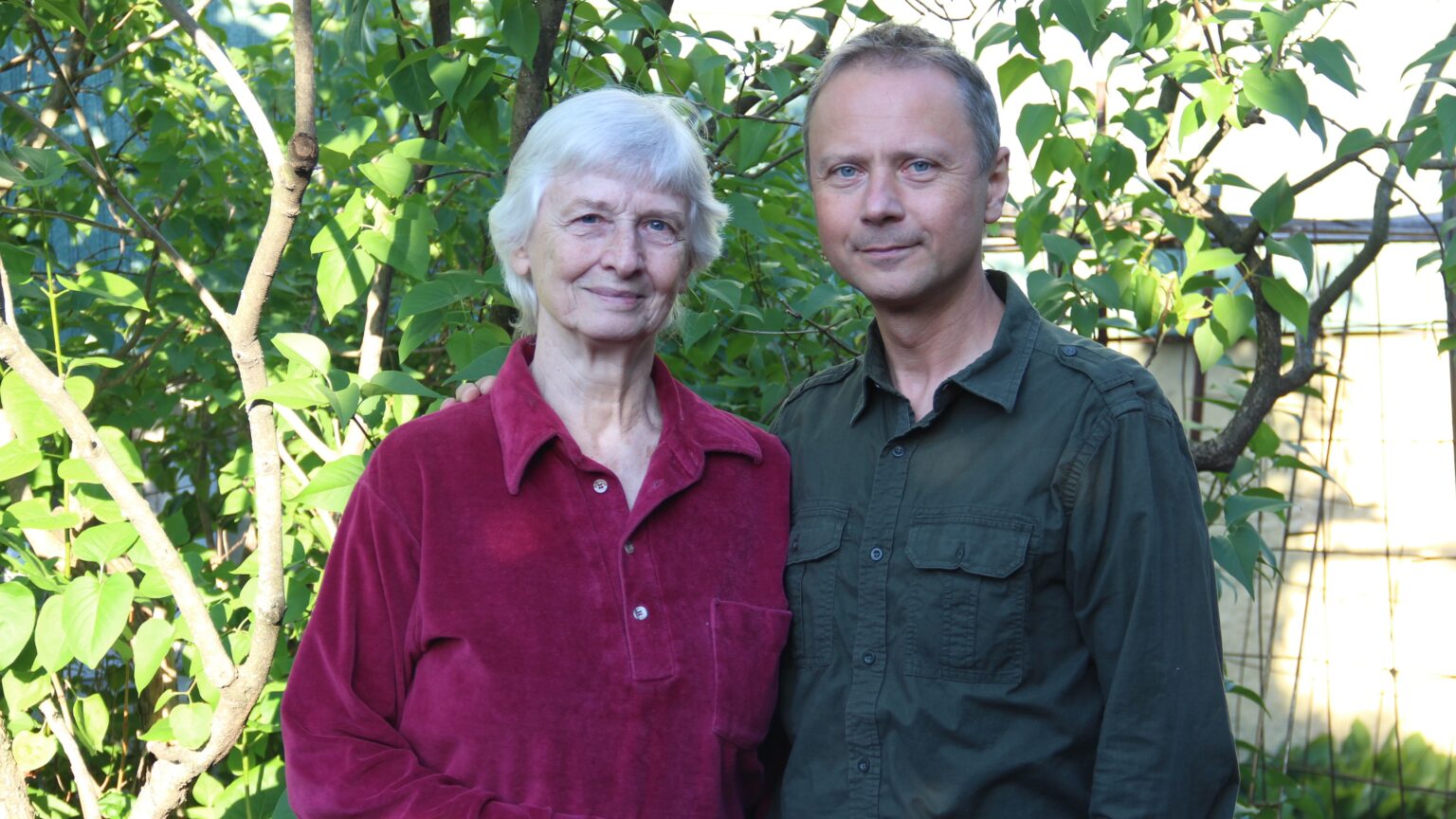
An in-depth interview with German teacher Gergely Tóth, who went to the University of Berkeley, California 26 years ago for a doctoral program, then soon became immersed in local Hungarian community life. Since then, his voluntary work has extended from making oral history interviews to photographing objects and markers on four continents and collecting archival material of the Hungarian diaspora.
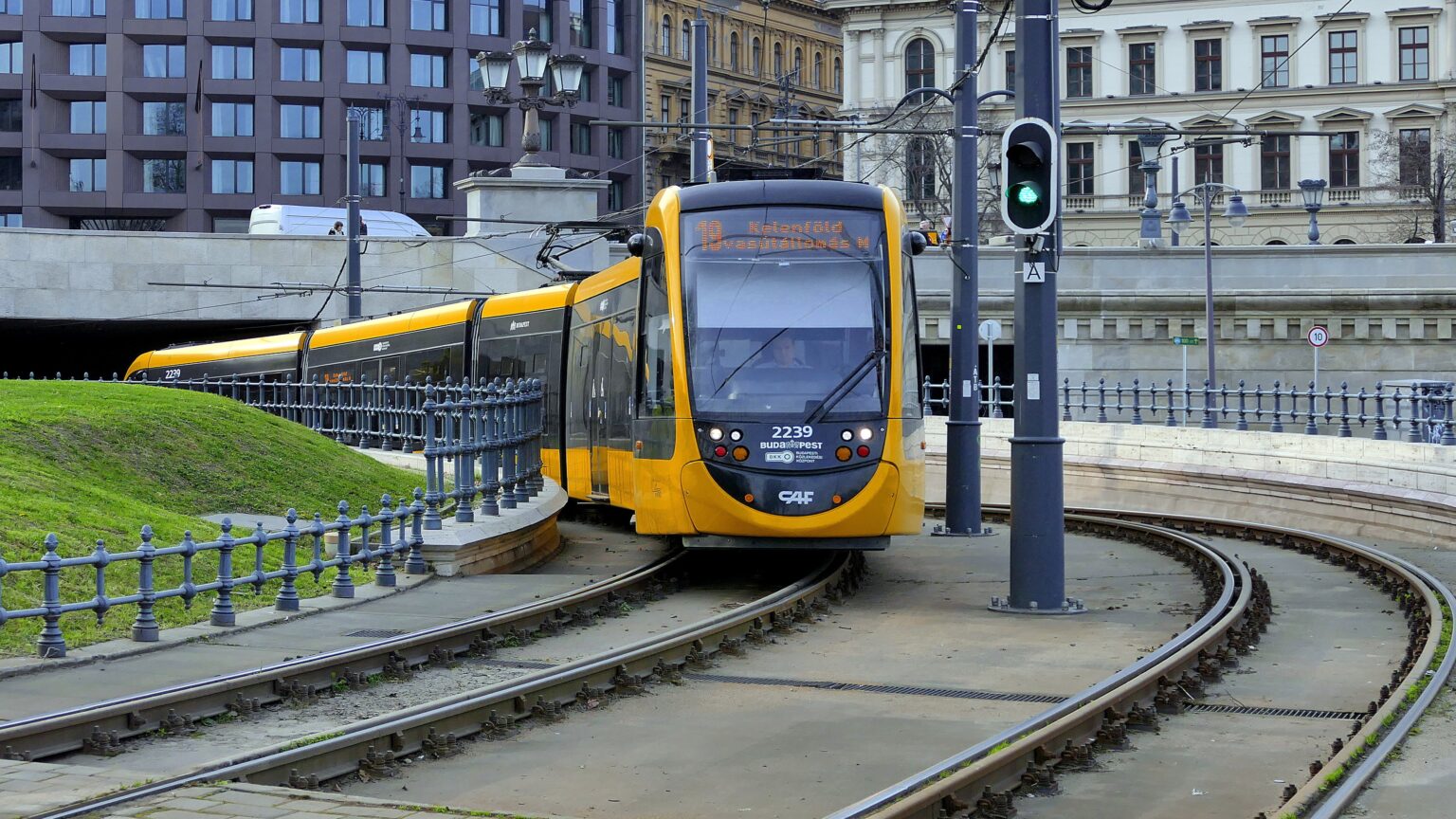
The BudapestGO app is set to become more user-friendly with new features, including streamlined access to schedules, a dark mode option, and improved in-app communication. The improvements to BudapestGO are part of the ongoing efforts of the Centre for Budapest Transport (BKK) to assess user satisfaction and implement updates that reflect customer needs.
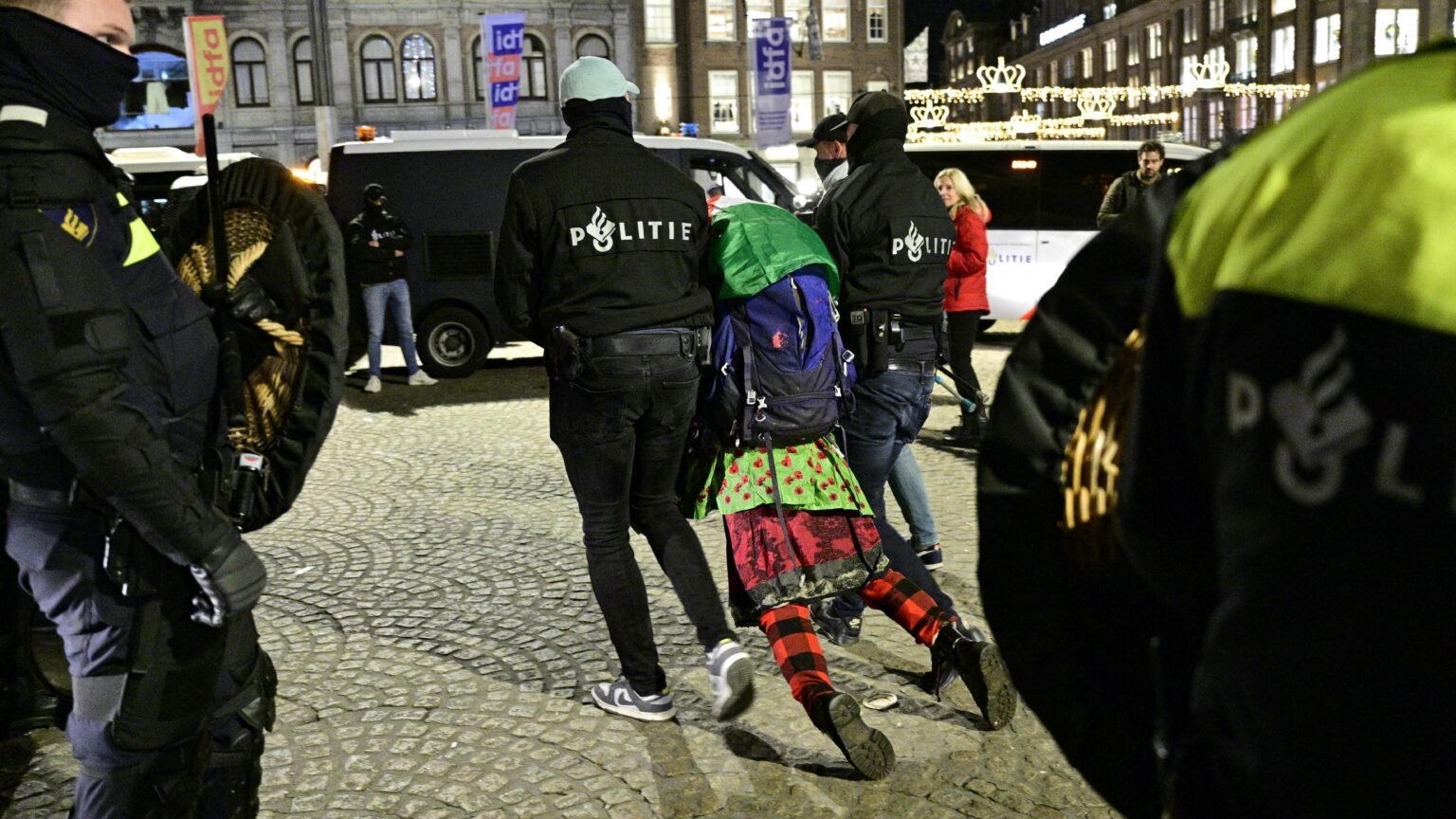
‘Persecution based on one’s ethnicity is unacceptable in any form, whether directed at Jews or anyone else. However, when this persecution is carried out by foreign groups arriving illegally, exploiting state resources, and disregarding our laws and culture, every fellow European should be outraged.’
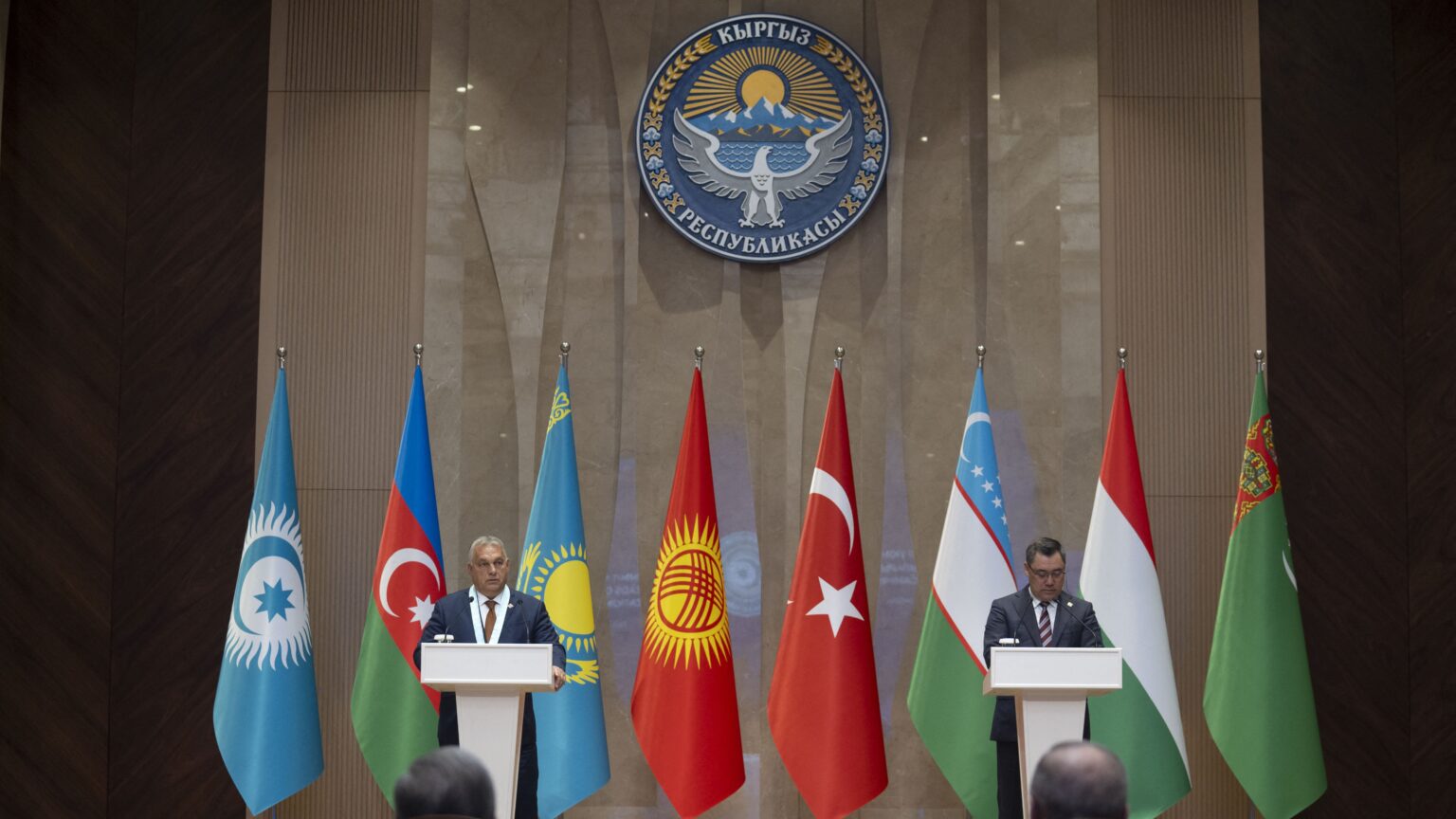
Recently Hungarian Prime Minister Viktor Orbán was awarded the Supreme Order of the Turkic World. As he highlighted in his speech, the relationship between Hungary and the Turkic nations is not a thing of the past ‘but a living relationship’. Budapest’s trade with Turkic countries having exceeded 5 billion USD testifies to that.

No-till farming is more than an erosion control method—it’s a gateway to improved soil health, enhanced water retention, and healthier food production. Former Hungarian President and Chairman of the Blue Planet Climate Protection Foundation János Áder and agricultural expert Ferenc Berend discussed this transformative technique on the Blue Planet podcast.
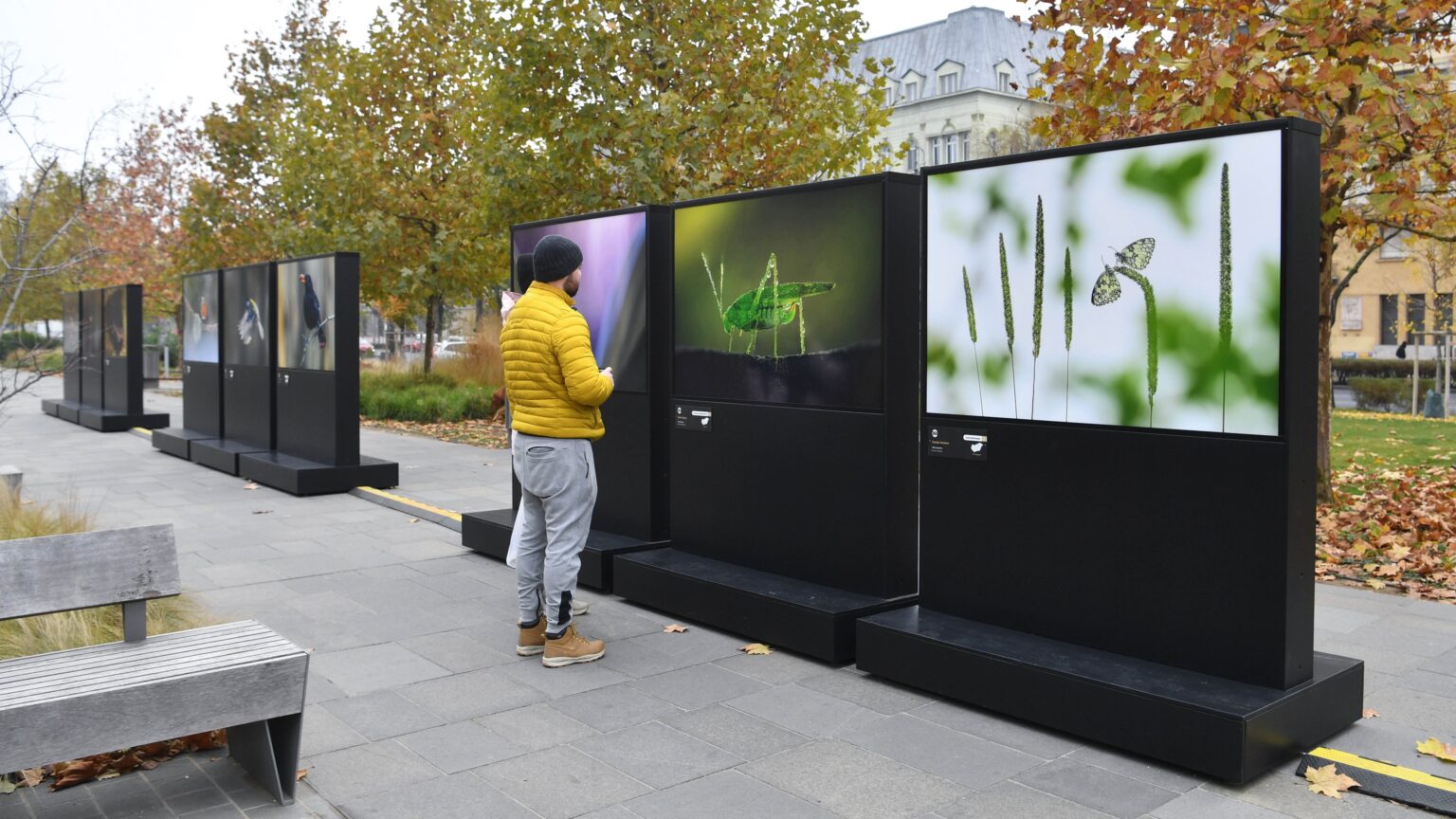
An outdoor photo exhibition titled Photo Trail has opened at Budapest’s City Park Promenade, showcasing Hungary’s rich wildlife. Targeting children, the exhibit features 81 stunning images selected from the Hungary 365 photography competition entries.
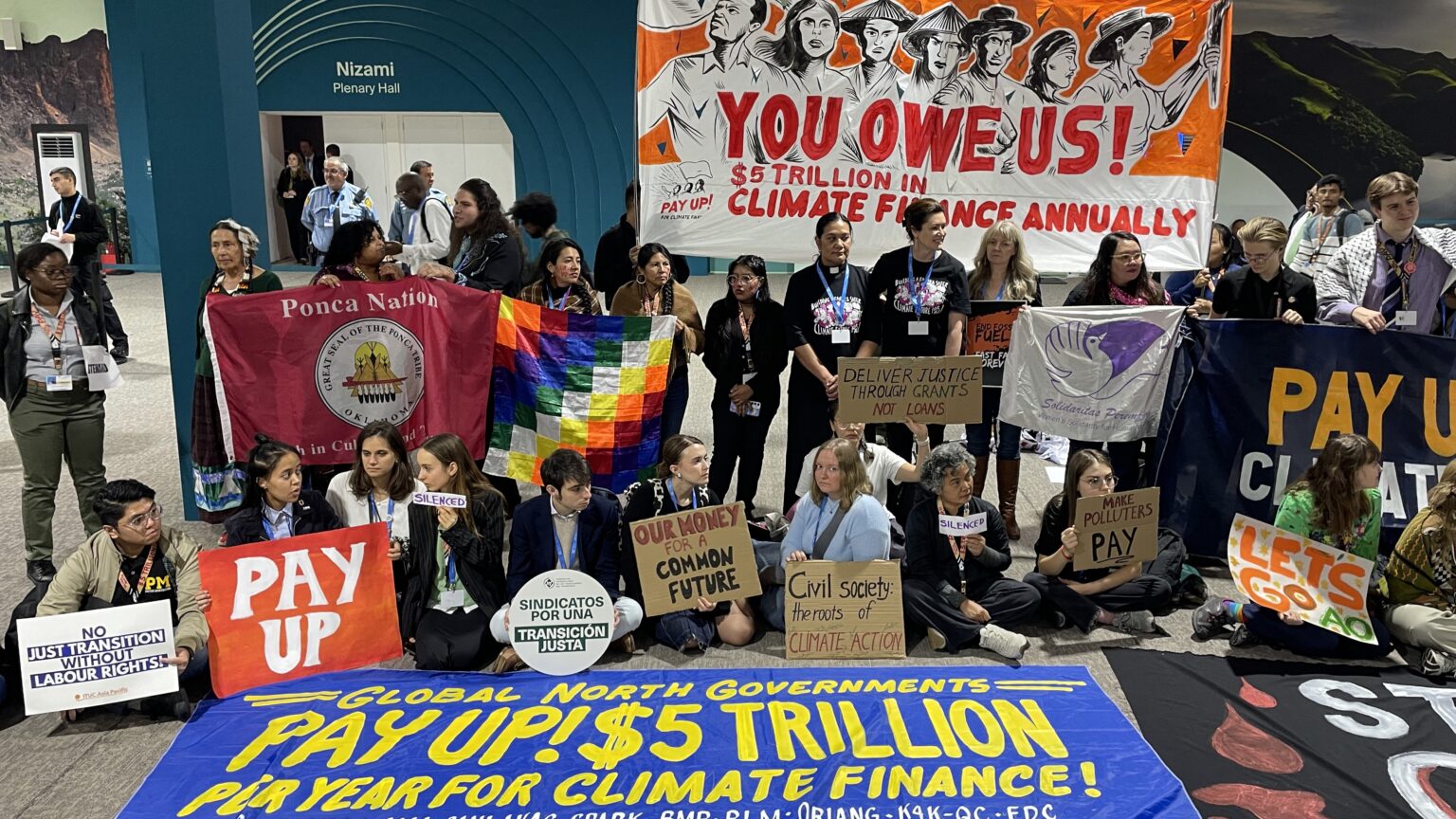
‘Ultimately, COP29 will likely reaffirm what we’ve long known about global climate diplomacy: nations, despite their collective rhetoric, will prioritize their own interests. For wealthier countries in the Global North, the climate agenda offers an opportunity to entrench their geopolitical and economic dominance under the guise of green leadership.’
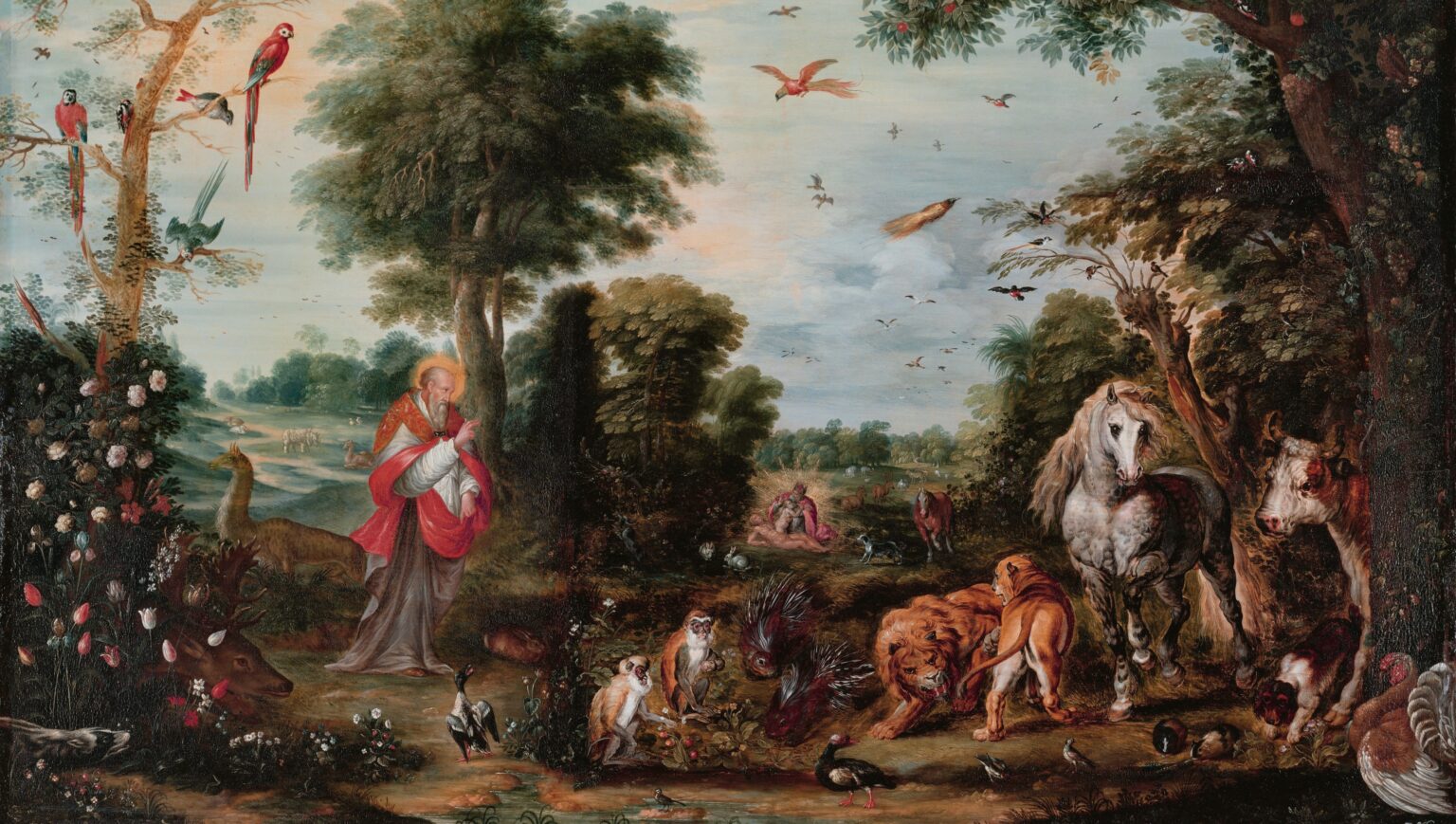
‘There is one sense in which Aquinas certainly did not believe in worlds. This is the sense in which certain Greek philosophers held that there is an infinity of worlds…Aquinas asserts what he calls the “unity of the world”. He claims, too, that the very concept of world denotes a “unity of order”.’
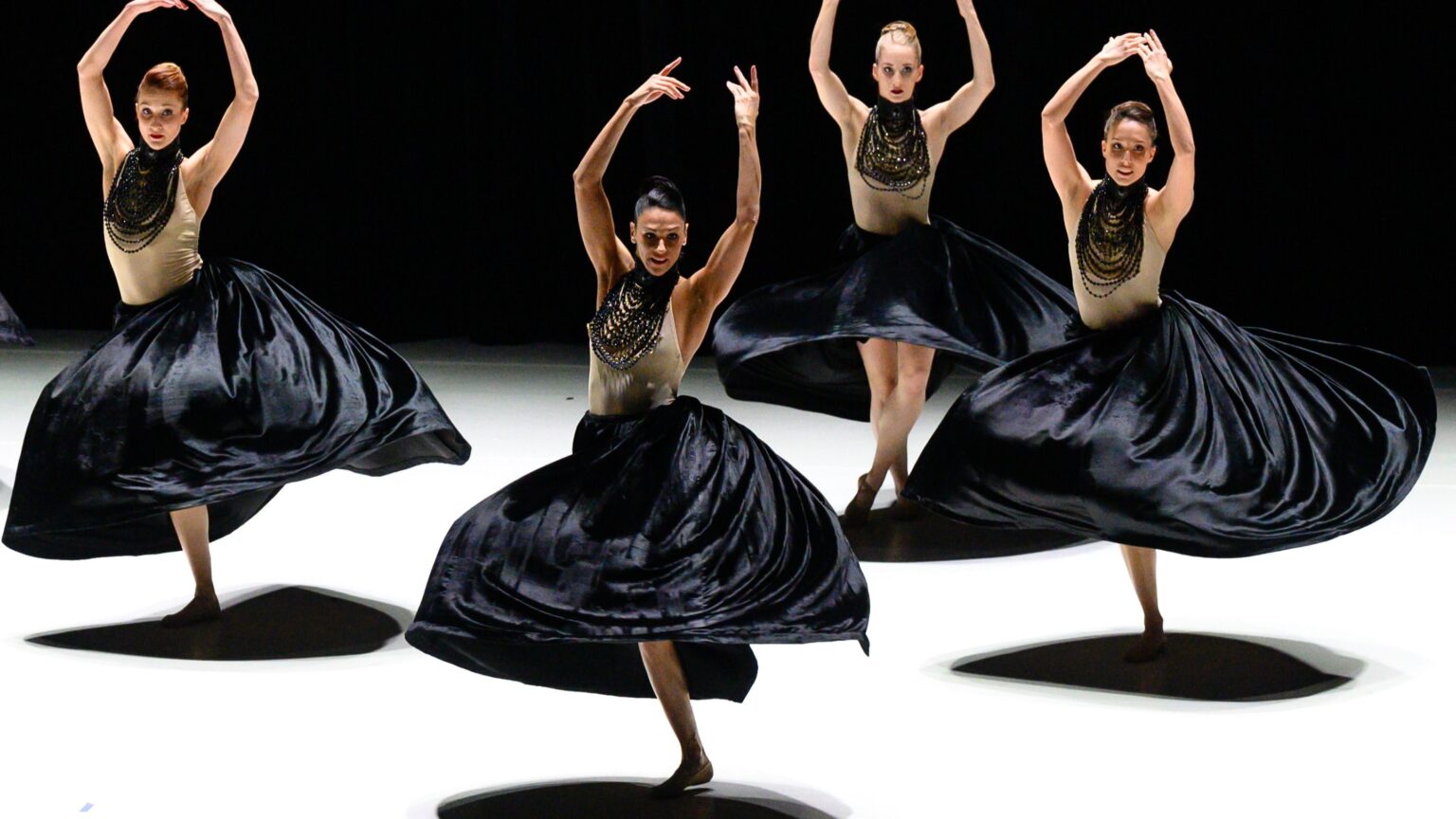
The Budapest Ballet Grand Prix, an international ballet competition organized by the Hungarian Dance Academy, kicks off today. Hosted at the National Dance Theatre and Müpa Budapest, the event brings together young talents from across the globe for a week of artistic excellence.
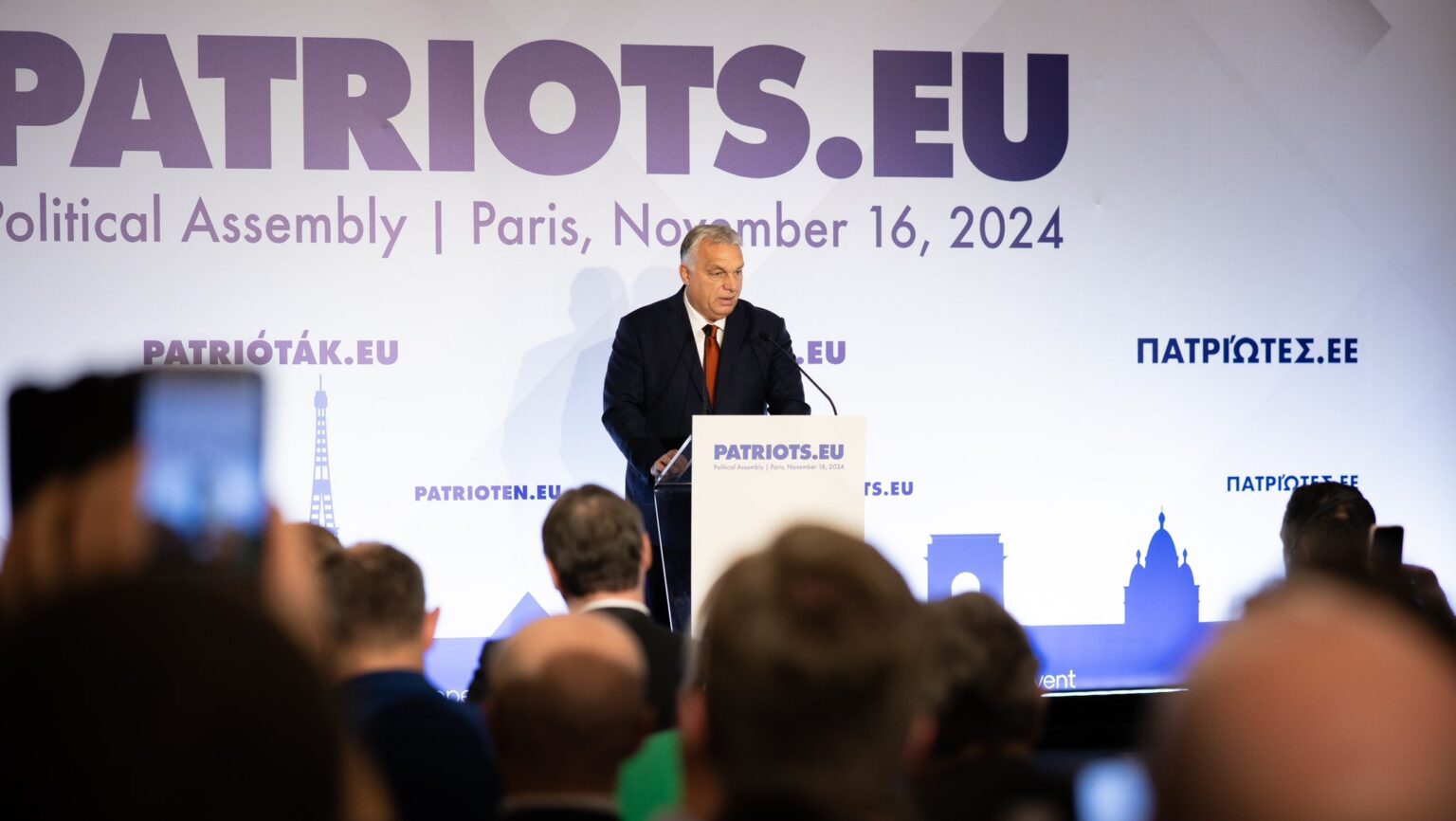
‘A new chapter is unfolding—the patriots have emerged on the horizon, and the era of sovereignty has begun,’ Hungarian Prime Minister Viktor Orbán declared at the first general assembly of the Patriots for Europe in Paris. The event, attended by the most prominent figures of the European right, saw Santiago Abascal, leader of Spain’s VOX party, elected as the new chairman of the political group.
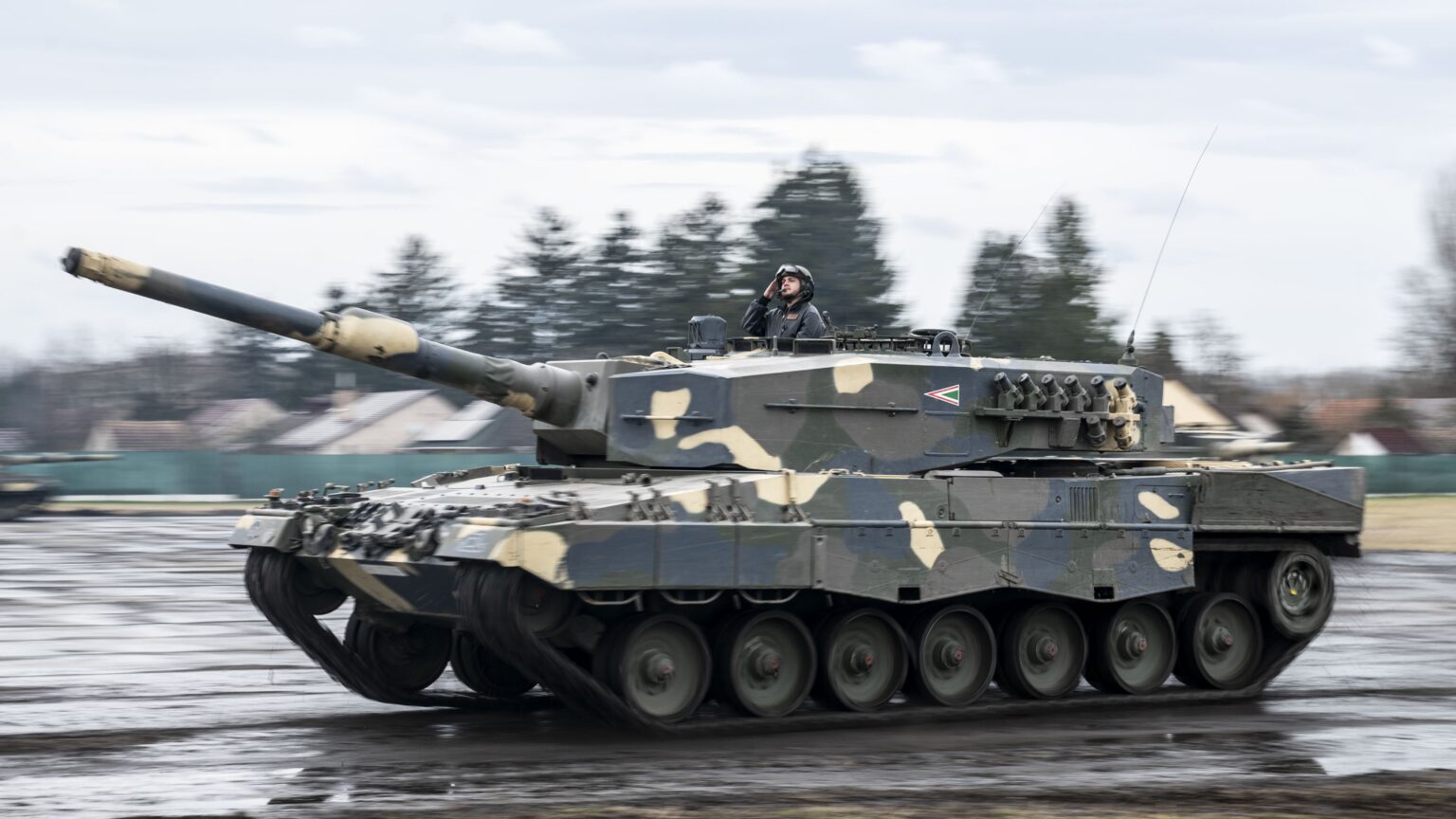
European countries purchase significant amounts of American weapon systems and military equipment, making US companies the main beneficiaries of the increased defence budgets within NATO. This situation creates tensions and a fragmented will within the EU in processes aimed at strengthening the independence and competitiveness of the European defence industry. It also raises the question of whether Washington’s primary goal is the collective defence of the allies or the profit maximization of American arms manufacturers.
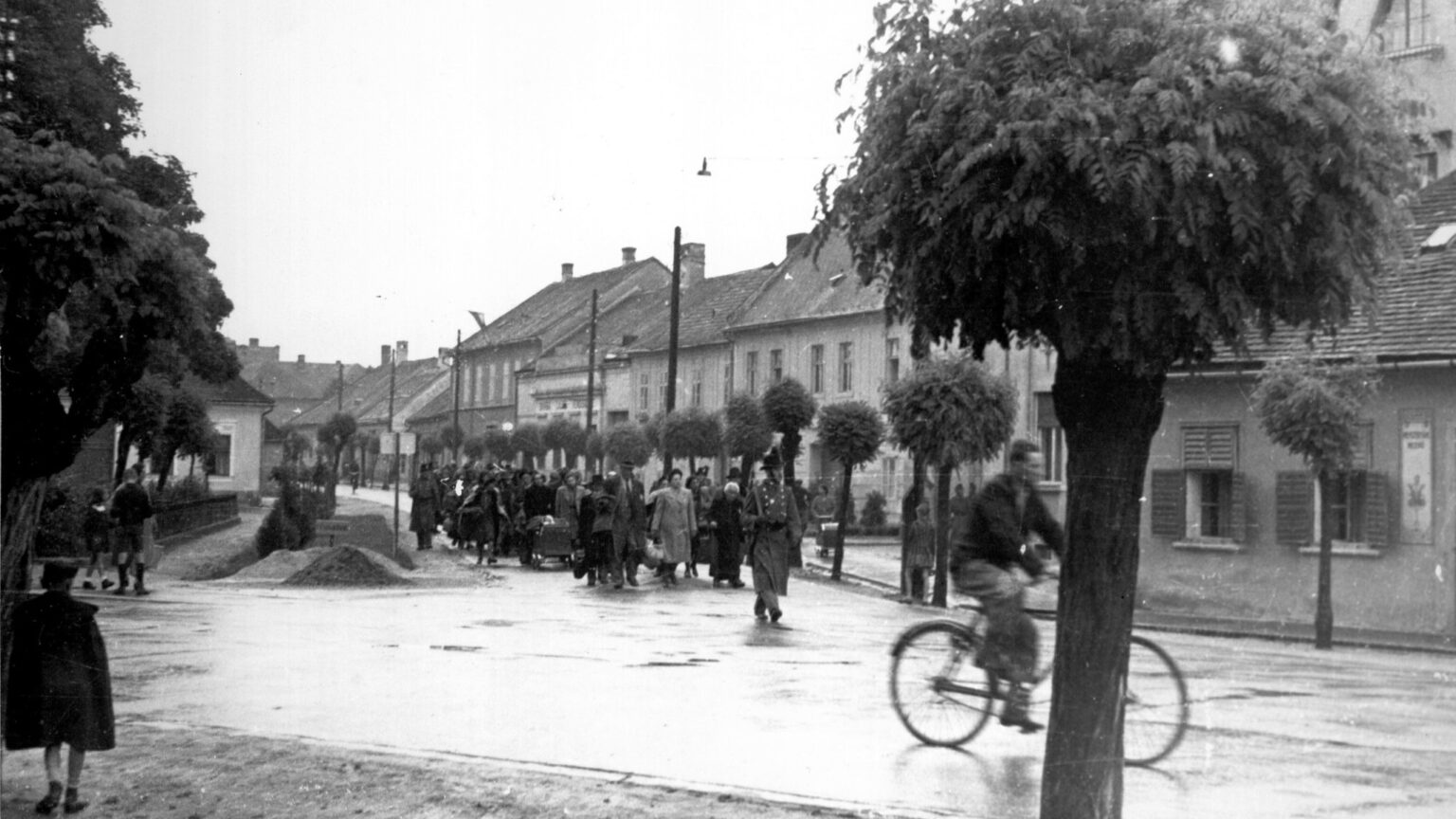
‘Hungarian Jews were generally known for their assimilated and law-abiding nature. By and large, they saw themselves as loyal Hungarian citizens and followed the law of the land to the letter. This was part of a well-rehearsed strategy on the part of their leaders. Between the emancipation of Hungarian Jewry and its nearly complete annihilation, Hungarian Jewish leaders experienced various levels of antisemitism. For most of their history, they could and did turn to the state authorities to ease their suffering. This strategy, useful during the previous decades, turned self-destructive in 1944–45.’

‘The importance of the Orthodox rite of St Catherine’s Monastery at the foot of the 2,300-metre Mount Sinai (Jebel Musa, also known as Horeb) in the Sinai Peninsula grew only after the loss of Jerusalem in 1187 and the fall of the Latin states in the Holy Land in 1291…It is the oldest monastery in the world to have survived in this way, where, among other things, the oldest 4th-century Greek-language manuscript of the Bible, the Codex Siniaticus, has also been preserved.’
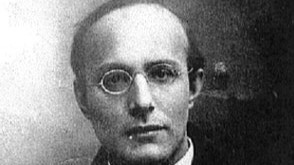
Policies such as pro-family tax cuts, housing programmes, child benefits etc., all resulting in a kind of family income system that aims to reduce the harm inflicted on families by a Ricardian conception of the economy (which, obviously, cannot be completely overthrown, since we cannot go back to the lifestyle of preindustrial societies), should become a vital part of conservative policies, and should be seen as such in the modern conservative movement, as Allan Carlson pointed out in his Third ways.

‘We’ve been approached much more often by local American organizations to present Hungarian culture to various schools or other groups as part of a larger, multicultural performance. These collaborations have been so invigorating for our whole team that we’ve come to the conclusion that this could be the path for us. This was one of our missions in the first place: to open up to others.’

Hungary’s National Tree-Planting Day, scheduled for 1 March 2025, aims to see over 100,000 trees planted nationwide. The 10 Million Trees NGO, launched in 2019, is calling on citizens, organizations, and institutions to unite in this significant reforestation effort.
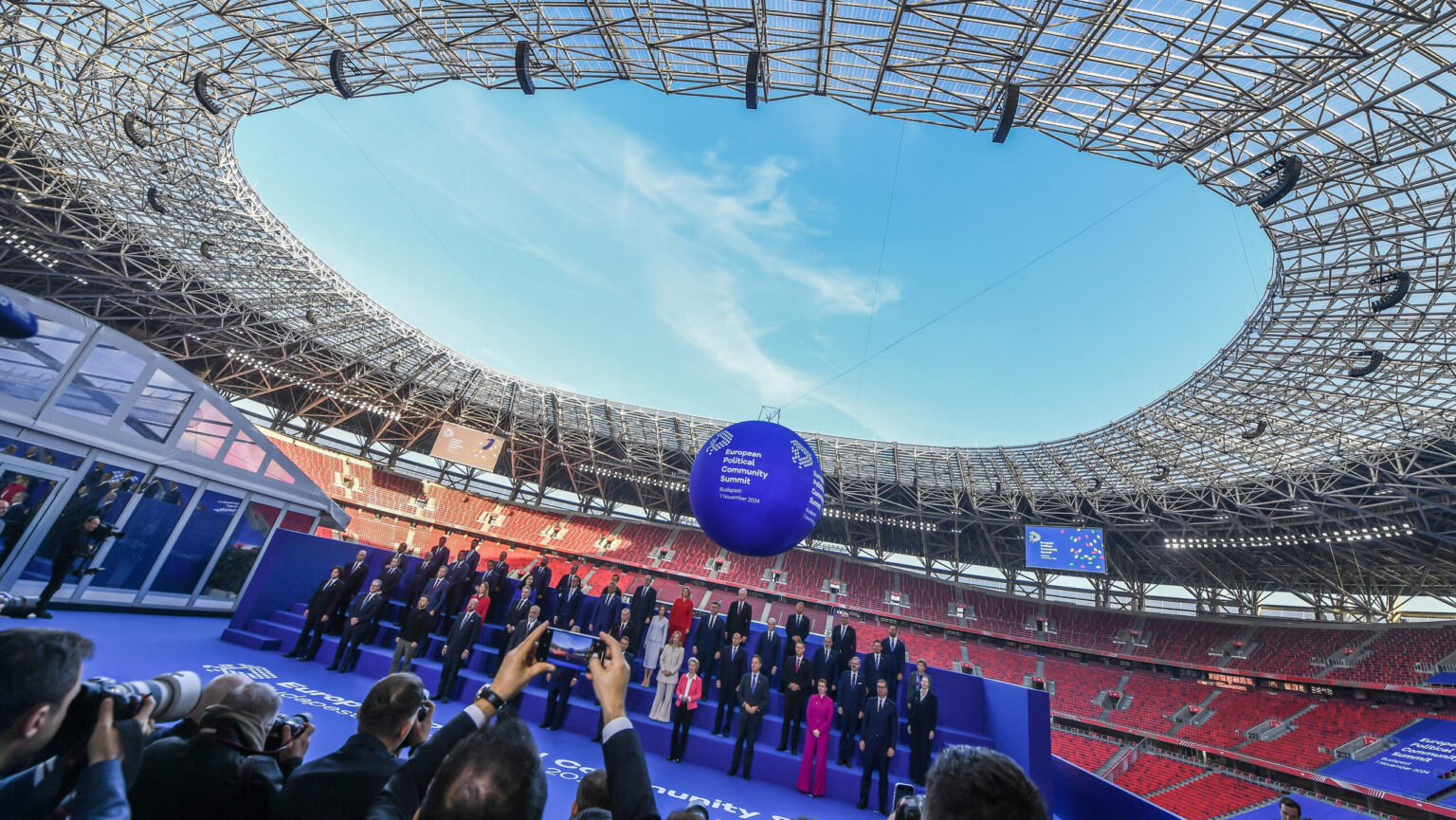
‘I have never been to a summit where such a sharp and intense political discourse was generated,’ Hungarian EU Affairs Minister Jánós Bóka said in an interview with Magyar Nemzet. Bóka also revealed that the long-term goal for the future of the European Political Community is for it to become a platform for the European security system.
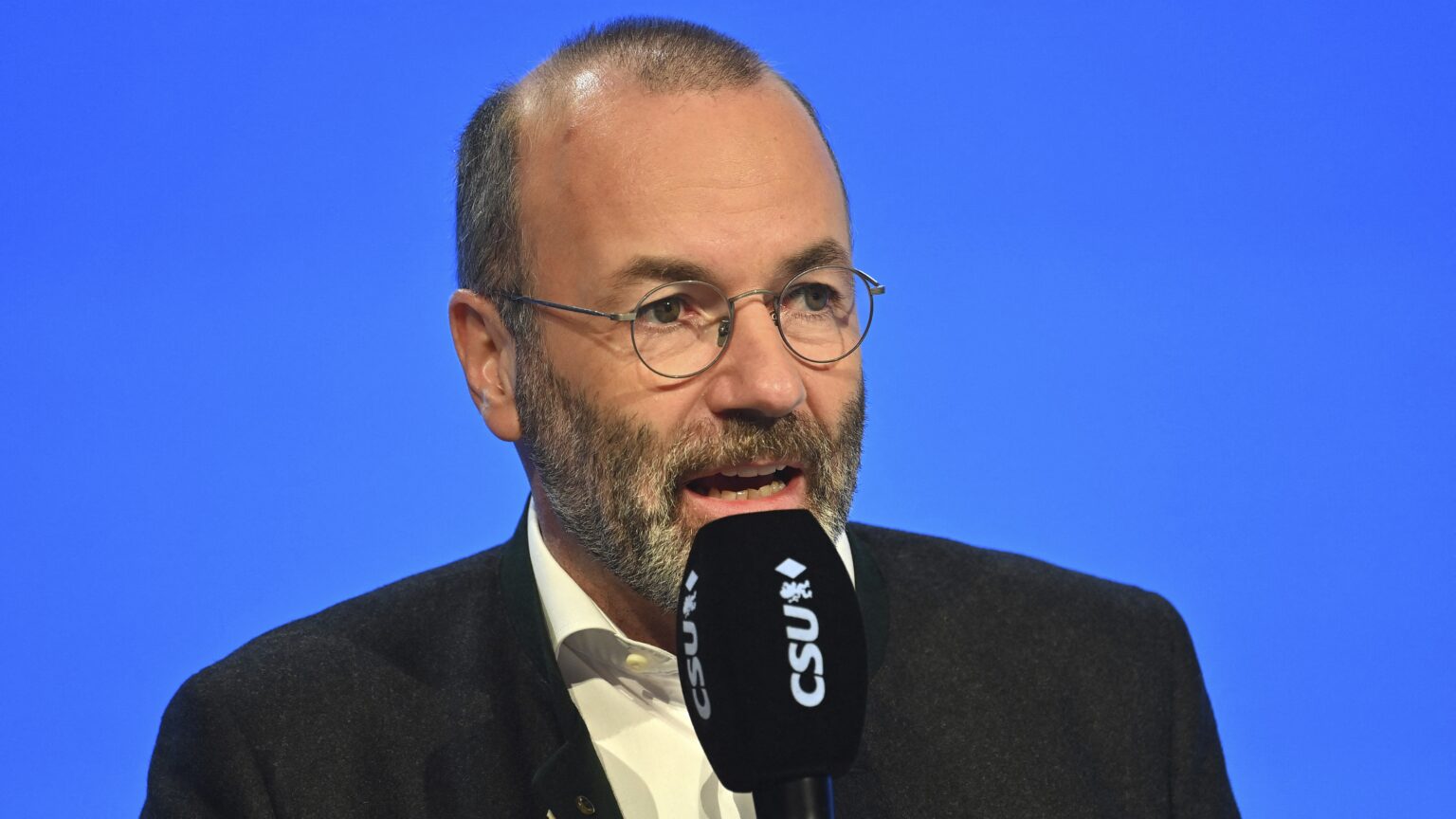
The German paper Passauer Neuer Presse conducted an interview with EPP President Manfred Weber on the occasion of the informal European Council meeting in Budapest, using the opportunity to prod him on the supposed ‘isolation’ of Prime Minister Viktor Orbán within the EU. Weber was also asked about the impact of the results of the US presidential elections on Europe.
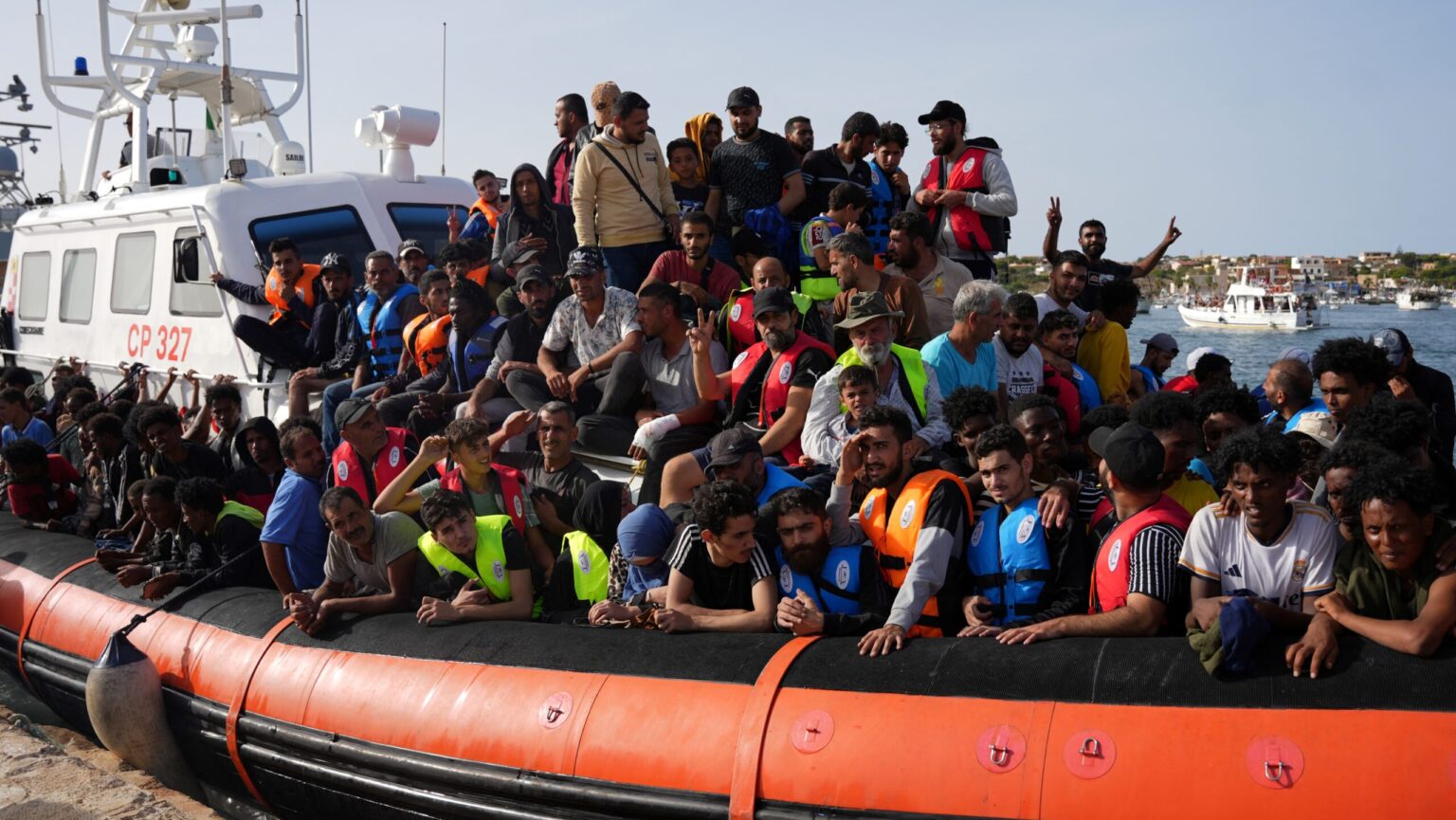
A new court ruling this week has prevented Italy from transferring migrants to reception centres in Albania under an agreement with the Balkan country. Similar cases highlight that the position of national and European courts on migration is one of the biggest obstacles to addressing this pressing issue.
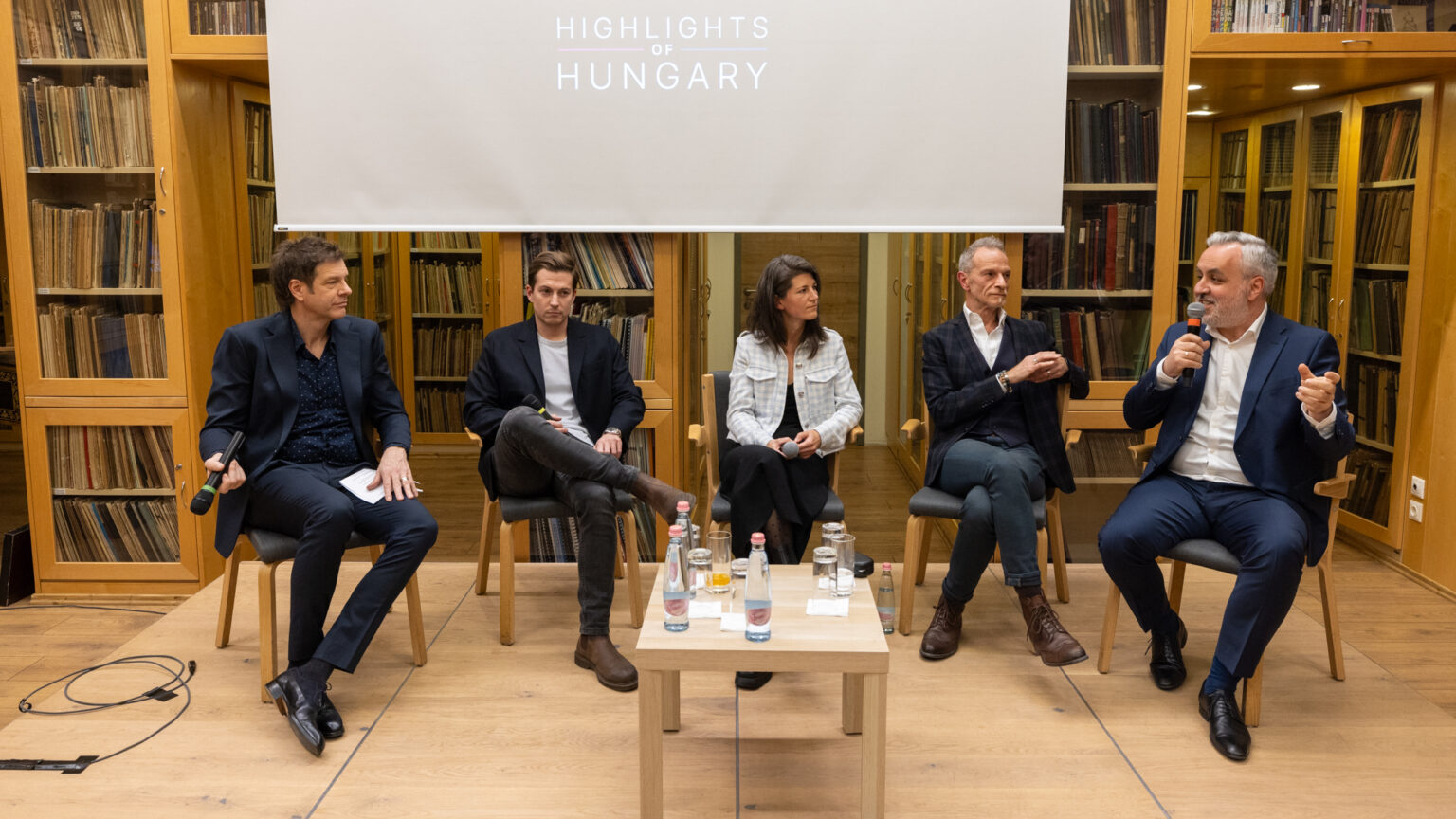
What drives creativity? A thought-provoking roundtable brought together experts from diverse fields to explore the meaning of creation, the challenges of collaboration, and the personal and collective forces that shape innovative work.
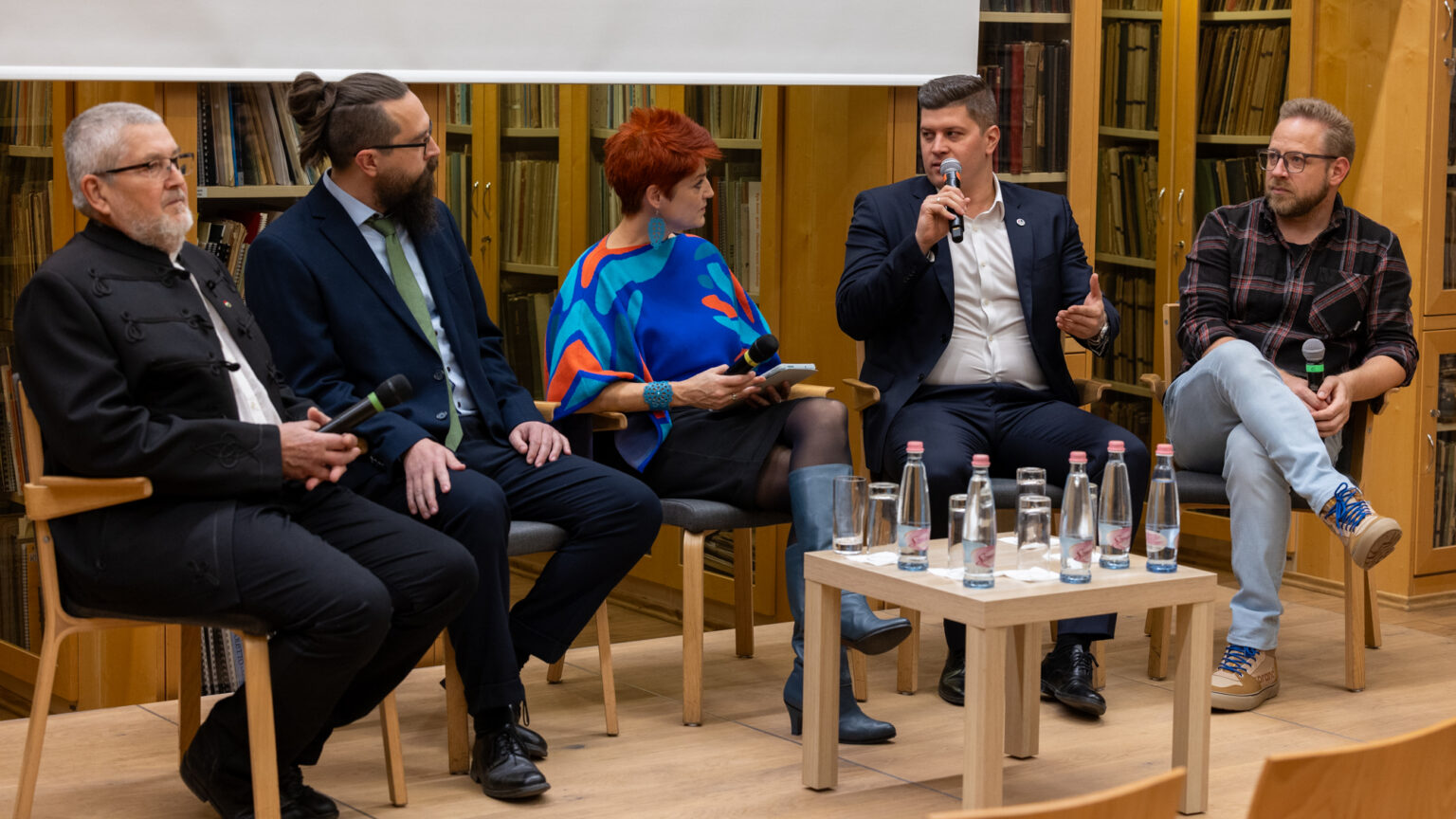
A riveting roundtable discussion brought together champions of sports, science, and mentorship to explore the multifaceted nature of perseverance. From athletic triumphs to breakthroughs in behavioural research and youth development, the panellists shared lessons on resilience and success.